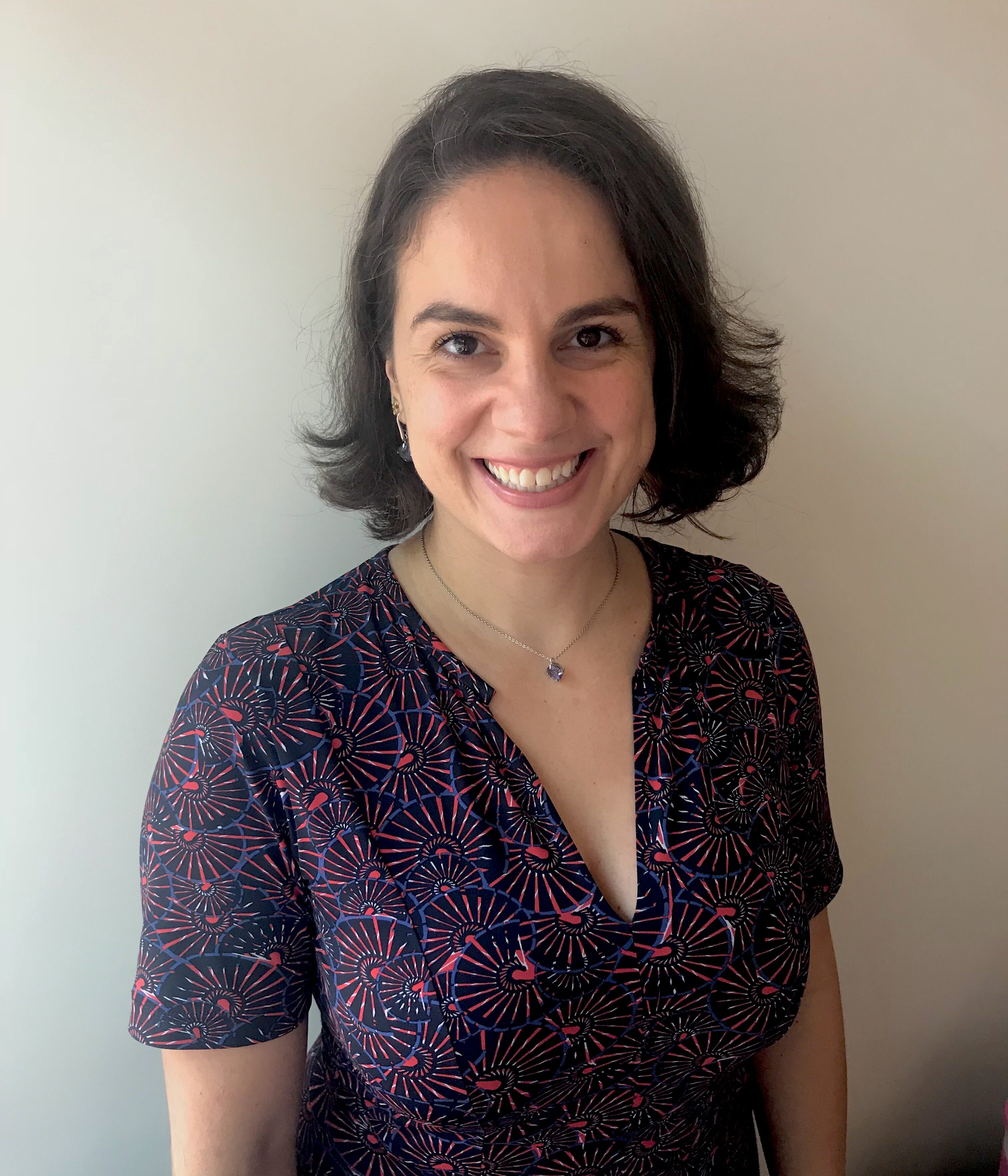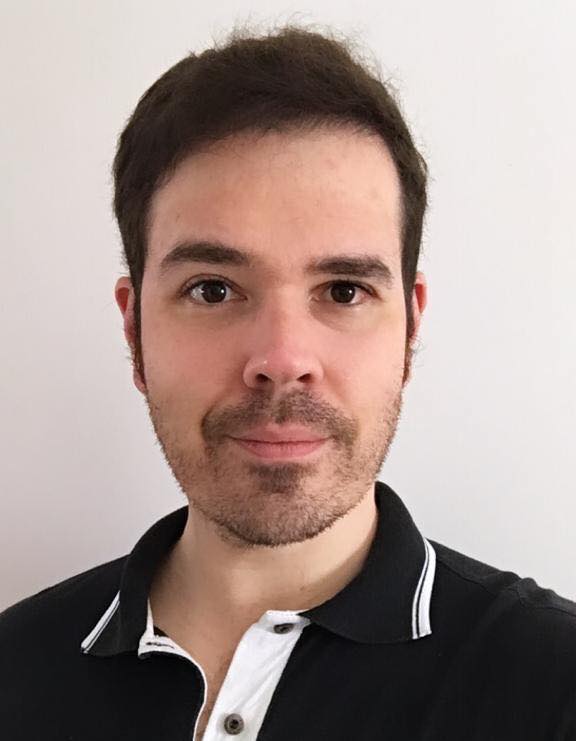Courage and education: perspectives in the era of turmoil
The educational field has been suffering attacks from all parts of society, in Brazil and around the world – differences do apply. This post is a reflection about the courage needed to make significant changes to the current scenario – that of turmoil where teachers, parents, students, the society seem to be taking to each other, but running around in multiple directions, either following trends and assumptions or neglecting to look at the big picture from each other’s perspectives.
The first point I would like to make is that as English language teachers we are educators, just as any other teacher, in any given context. If we keep splitting forces and refusing to accept this larger role, we risk becoming professionals in an obsolete profession – one that claims to have the knowledge to help others, in an era where content is available to anyone with access to the internet, cable TV, books, for that matter. What we actually do goes way beyond teaching the grammar, the vocabulary of a language nobody owns. We are educators whose lessons use the development of linguistic knowledge and skills to boost, among other things, communication in a world that seems to need more productive conversation (talking AND listening) to move past conflicts. I truly believe our role is a lot more important than teaching rules from books. If you agree with this, I am probably preaching to the converted, in the hope that we all stand together to spread the powerful energy in our contexts.
On various occasions I have met professionals that complain we should be given more freedom to decide how to better approach the learning process – there are objections to the coursebooks, to the trainers, to the parents, to the learners, to the BNCC (Base Nacional Comum Curricular), to institutional guidelines, etc. The truth is neither of these elements is in charge of our lessons or our choices in interactions with other people in or about education. At the end of the day, we are the ones making the decisions throughout our professional lives and in our classrooms. The first one being to remain an educator when all hope seems lost. That, my fellow educators, takes a lot of courage, even when it seems we have no power against the forces that rise against us.
The second decision that demands courage is that of choosing to defend what we believe in: we are constantly developing professionally to give learners the best possible experience and to do our best in the diverse situations and conditions most of us are faced with. Having said that, we tend to easily lose our power when learners, parents, even friends challenge us by saying things like: ‘we will only truly learn if we live abroad’, ‘my kid is not learning because they are speaking with weaker learners’, ‘do you work or you just teach?’. It is frustrating to have to justify how hard we work to be able to efficiently pair students up, to be able to correct a ‘simple’ mistake and provide learners with chances to improve lesson after lesson (sometimes even struggling to motivate a group of 40 teenagers to study harder in public education), how much we study – the language, methodologies, education in general – to be able to prepare a single lesson. It is tiring, I understand and have many times temporarily given up discussions, opportunities to illustrate how powerful and hard teaching really is. As educators, it seems that we have a crucial role in being ‘the bigger person’ in society, the bravest perhaps.
If being a teacher, especially a language teacher, were easy, my dearest colleagues, anybody could stand up and do it as well as we do – or simply better with very little effort as some put it. They can’t, and we need to keep strengthening the fact that we can. Together we can. It is sad to imagine a situation in which we refrain from stepping up and going beyond grammar rules to teach critical thinking, encourage collaboration, productive discussions, foster autonomy for learners to reach higher not only in terms of language but in innovating and breaking barriers and limitations to what they can dream of and fight for in their lives. As educators we can show a little more pride in the profession we chose and refuse to wear labels such as ‘anyone speaking the language can do it’, ‘society does not need teachers who provoke deeper thinking, you need to teach the content’.
Many of us feel we have very little to do, but if we all position ourselves to educate learners, parents, society about what we actually do, chances are the scenario shifts to a more promising one to our future colleagues. What do you think?





